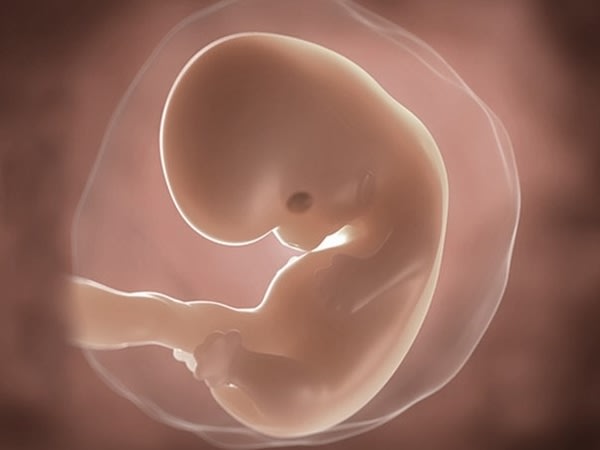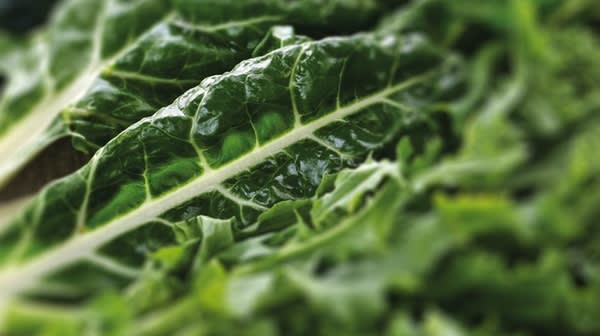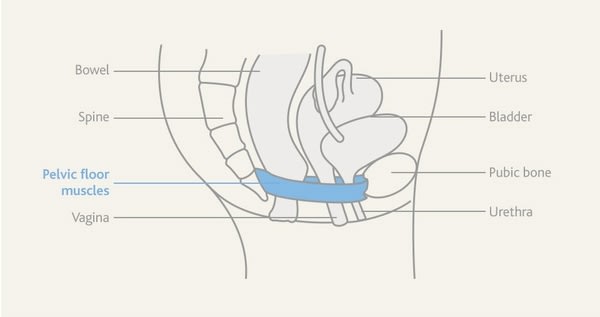Blog
Weight Gain In Pregnancy
Thursday 9th March 2017
Weight gain is a normal and natural part of a healthy pregnancy. Learn how much weight you should gain depending on your BMI, how to gain weight safely, and why dieting is not recommended. Weight gain: a natural part of pregnancy Weight gain in pregnancy is healthy, natural and necessary. Aside from…
Vitamins & Supplements For Conception
Sunday 26th February 2017
Maintaining a healthy, balanced diet before conception and during pregnancy will help to supply adequate nutrition to your growing baby. Taking supplements that contain key nutrients prior to conception and during pregnancy will enhance your healthy diet and help provide additional support as your baby grows. But which vitamins are most important to take…
What To Eat To Conceive
Saturday 25th February 2017
From eating a nutrient-rich diet to taking key nutrients in the form of supplements, what you eat can play an important role in increasing your potential to conceive. Discover the benefits of a balanced diet for both you and your partner, and which foods to include to give yourself the best chance of a successful pregnancy. Eating your way to pregnancy Before you start trying to conceive, it's important for both you and your partner to maintain a healthy diet. Eating well, avoiding alcohol, and being within the right weight range for your height will improve your chances of conceiving and will set the conditions for the…
Foods To Avoid When Trying To Conceive
Friday 24th February 2017
Nutrition and lifestyle choices can influence your chances of conceiving and your baby’s development once you do become pregnant. In fact, nutrition at this critical stage can also have…
Learning Language In The Womb
Tuesday 21st February 2017
When babies begin to hear the world around them, the most important sound they’ll discover is their mother’s voice. This familiar noise will calm and soothe…
40 Weeks Pregnant
Thursday 16th February 2017
By the time you're 40 weeks pregnant, your baby is fully developed and ready for birth. Their nutrition will then be reliant on your own diet via your breast milk, so it’s important to maintain the healthy eating habits that have been beneficial throughout pregnancy. Learn why foods rich in LCPs (long chain polyunsaturated fatty acids) are an essential part of a healthy breastfeeding diet, and how to get them. Week 40: Ready to say hello? Over the last 40 weeks, your baby has grown from a single cell to a well-developed, unique and beautiful little person with…
Early Signs of Pregnancy
Wednesday 15th February 2017
Understanding the early signs of pregnancy Maybe your period’s late or your boobs are sore – whatever the signs, you really think you might be pregnant. So what do you do? Here’s our guide to finding out for sure if you’re pregnant, what the early signs of pregnancy are, and working out what to do first! Noticing the early signs of pregnancy You may notice the early signs of pregnancy as little as within one week of conception. Most early pregnancy symptoms occur within the first four…
7 Weeks Pregnant
Tuesday 14th February 2017
During week 7, your baby’s arm buds are emerging and flat, paddle-like hands are forming. Iodine supports your baby’s growth at this time. Discover which foods contain this mineral, and why you may want to ask your doctor about taking a daily iodine supplement. Hands are emerging At 7 weeks pregnant, your baby measures anywhere between 42 and 10mm3 long.…
Folic Acid in Pregnancy
Monday 13th February 2017
Folic acid supports your baby’s earliest development, making it a key nutrient for your first trimester of pregnancy. Learn what it does, how much is recommended, and which foods can help to increase your intake to reduce the risk of neural tube problems. Folic acid – protecting your baby’s future health Even before you know you’re pregnant, folate, or folic acid in its manufactured form, is doing its job of supporting your baby’s development. It plays a significant role in the formation of your baby’s neural tube – the structure that forms in the first month of life that eventually becomes your baby’s spinal cord and brain. Together, these will form your…
Exercises to Avoid During Pregnancy
Sunday 5th February 2017
If your pregnancy is straightforward and your doctor or midwife has given you the go-ahead, you can carry on exercising and even start a new routine. Studies now show that it is, in fact, highly beneficial for expectant mums to exercise, or get Active for 2. But there are…
Pelvic Floor Exercises in Pregnancy
Sunday 5th February 2017
Your pelvic floor has an important role to play during pregnancy, birth and post-birth. A strong pelvic floor can support your baby and your…
Pregnancy Exercises: Benefits, Facts & Stats
Saturday 4th February 2017
The benefits of exercise during pregnancy are well documented. Numerous studies demonstrate a positive effect on both an expectant mum’s health and her baby’s health – to the extent that women are now being encouraged to get Active for 2. Pregnancy exercise does much more than improve a mother’s well-being – it can aid the…

















